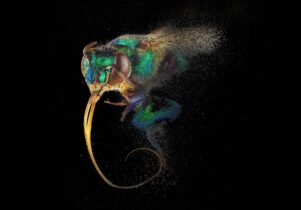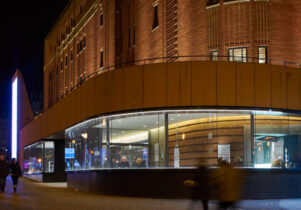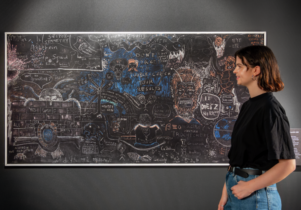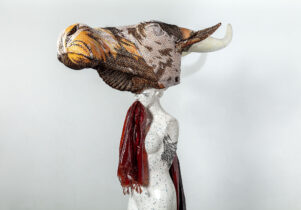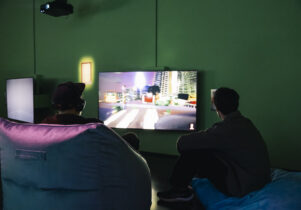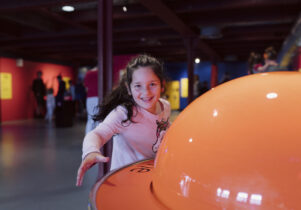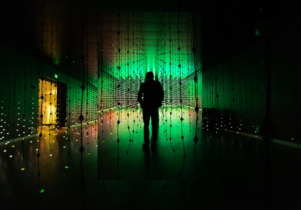AI: More than Human at World Museum Liverpool
Sara Jaspan, Exhibitions Editor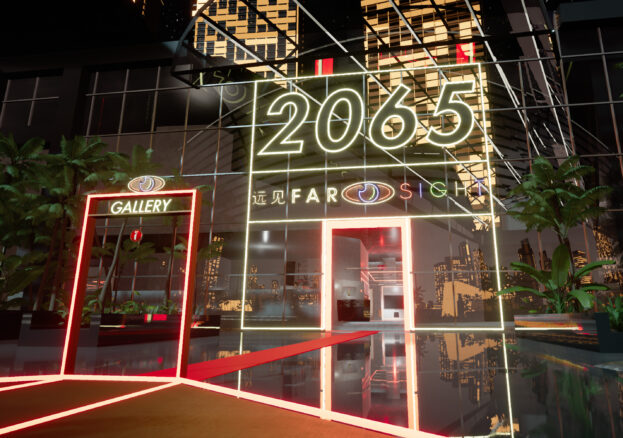
Once confined to the realm of sci-fi fiction, artificial intelligence is now very much a part of the world we live in – but what does it mean to be human in the face of such rapidly evolving, autonomous technology? This was the central question behind the Barbican’s major exhibition, AI: More than Human, which is set to open at the World Museum Liverpool following national lockdown restrictions.
The interactive exhibition aims to transport visitors into a futuristic world through a series of commissions and projects by artists, researchers and scientists. It begins, however, with a look back at the history of AI, starting remarkably in ancient times with Japanese Shintoism, as well as revisiting some of the milestone projects of the 20th century, including the creation of the first neural network (modelled on the brain’s processes) and Ada Lovelace and Charles Babbage’s early experiments in computing.
Less than a century on and AI has become deeply embedded in many aspects of day-to-day life, yet the mysterious technology behind can still seem closer to magic. How AI sees images, understands language and moves is explored through landmark projects such as Sony’s 2018 robot puppy, aibo, and artworks including Mario Klingemann’s Circuit Training piece, which invites visitors to take part in teaching a neural network to create a piece of art. The exhibition also considers AI’s potential to improve commerce, change society, and enhance people’s personal lives.
More than Human finally looks into the future, asking questions and imagining answers to how this ever-evolving field will affect the development of the human race, whether AI will one day come to be regarded as a species of its own, and the direction in which relations between humans and machines might develop. Speculations, hopes and warnings come in many forms, from the 20th anniversary re-release of Massive Attack’s landmark album Mezzanine, which the band used to highlight the need to find alternative storage solutions in a data-driven world; to Vespers, a project that engages with the imminent arrival of wearable interfaces and genetically adapted environments.
Far from a completely unknown territory, the future is rapidly being invented by scientists and technology companies around the world. If More than Human offers a glimpse of what tomorrow might bring, we could do well to all pay attention.
